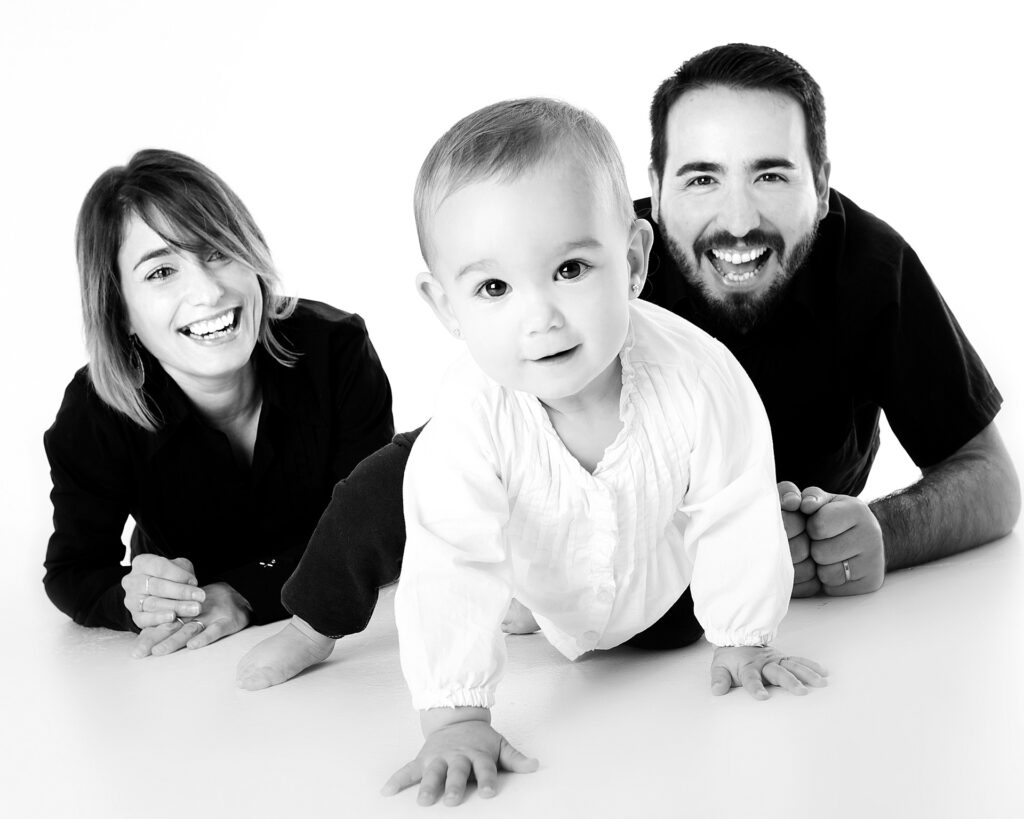
Do you want to know if it’s worth getting an autism diagnosis? For some people, the answer is yes. In other cases, it might not be. Getting an autism diagnosis can change the course of your life and the life of the loved one affected. In any case, if you feel the need to get an autism diagnosis you have to be ready to face whatever the outcome may be.
Getting a diagnosis can be scary, especially for adults who have spent their lives struggling to explain their social challenges. But it can also bring a sense of relief and confidence, says Dr. Gray Atherton, a clinical psychologist at the University of California San Diego.
An autism diagnosis gives people a name for their behaviors
A diagnosis gives people a name for their behaviors, which can help them understand how their actions impact others and why those behaviors are a problem. It also gives them a scientific explanation for their unique needs and challenges, which can help them, develop coping strategies for their specific situation.
It can also give them a foundation to build on for their future. When you have a diagnosis, it can be easier to get more support when you need it — whether that’s financial aid, specialised services for work or education, or other forms of assistance.
If you’re an adult and think you might have autism, it’s a good idea to talk to your doctor about it. They may be able to refer you to a specialist who has experience diagnosing autism in adults.
Early diagnosis is important for children with autism, because they often benefit from a lot of social skills training at an early age. This can have a profound impact on their later development.
Getting a diagnosis as an adult can be difficult, but it’s never too late. It can help you understand your difficulties, improve your confidence, and make it easier to seek out help and resources in your community.
Autism diagnosis criteria
Autism diagnosis criteria are based on a combination of your description of your child’s development, a careful observation of certain behaviors by your pediatrician and other health care professionals, medical tests, and your child’s history.
Early diagnosis is crucial to ensure that your child receives the support they need, and to prevent further delays in their developmental and educational progress.
Diagnostic criteria can vary depending on the type of specialist who makes the diagnosis. These can range from neurodevelopmental pediatricians, developmental-behavioral pediatricians, child neurologists, and geneticists.
Criteria A: Social communication difficulties
The first criterion for autism is that your child has difficulty communicating with other people. This includes problems with understanding people’s emotional expression, social cues, and nonverbal communication (i.e., facial expressions, gestures, and body language).
Criteria B: Restricted, repetitive and sensory behaviours or interests
The second criterion for autism is that your kid has at least 2 restricted, repetitive and/or sensory behaviours or interests. This can include showing signs of sensory sensitivities like becoming distressed by everyday sounds like hand dryers or not liking the feel of clothes labels.
The last criterion for autism is that your kids have symptoms of the condition in early childhood and that these symptoms are affecting their functioning. This criterion is called ‘residual’ or ‘residual/chronic’ in the DSM-5 because it can affect how your kids interact with other people and how they learn.

How to diagnose autism in adults
Diagnosing autism in adults can be challenging. People who weren’t diagnosed as children are more likely to have mild symptoms they’ve learned to manage or cover up, but there are plenty of traits and behaviors that could be signs of autism, like trouble navigating social interactions and extra sensitivity to smells or touch.
The first step is finding a healthcare provider who can do a formal diagnosis. This might be a psychologist, psychiatrist or neuropsychologist with experience in adult autism assessments. Ask if you can be referred to them by your doctor, and make sure you understand what’s involved in the assessment and report process.
There are also many free self-screening tools available online. These include the Autism Spectrum Quotient (AQ) and derivatives such as the AQ-10, AQ-20 and AQ-S.
Getting a diagnosis can help you get access to specialized mental health services and support that may not be available for you without a diagnosis. It can also give you peace of mind that you are not alone.
that can help you gain a more positive view of your childhood and how it shaped you. It can also help you better understand how to work with your strengths and improve areas of weakness.
You can find a professional who specializes in adult autism diagnosis through your local autism society, the governing body for that profession or your GP. You can also try asking around, maybe through members of a support group.
Signs of autism in adulthood
Although many people with autism are diagnosed when they are children, they can continue to experience some symptoms into adulthood. This can cause them to miss out on support and services that could help them live their best lives.
A diagnosis of autism as an adult can be a relief, but it can also bring up feelings of shame or denial. It can also make you feel less supported by those around you.
The signs of autism in adults can be different in each person, but some behaviors and social differences are common. These include:
Lack of interest in others or feeling awkward when interacting with them (e.g., being unable to read body language or facial expressions).
Repetitive or ritualistic behavior (e.g., hand flapping, jumping up and down)
Having difficulties with social communication or nonverbal behavior, like echolalia (repeating words or phrases back to the person they are talking to)
Being hyper-focused on one topic or subject, and avoiding any other subjects that don’t seem to interest them.
Sensory signs that may indicate autism are sensitivity to sounds, smells, and touch.
Physical signs that may indicate autism are gastrointestinal issues, sleep problems or sinus infections. As with the signs of autism in children, it is important to recognize these symptoms early on. Talking with your doctor about your symptoms and seeking a formal diagnosis can help ensure you get the right treatment and support.
